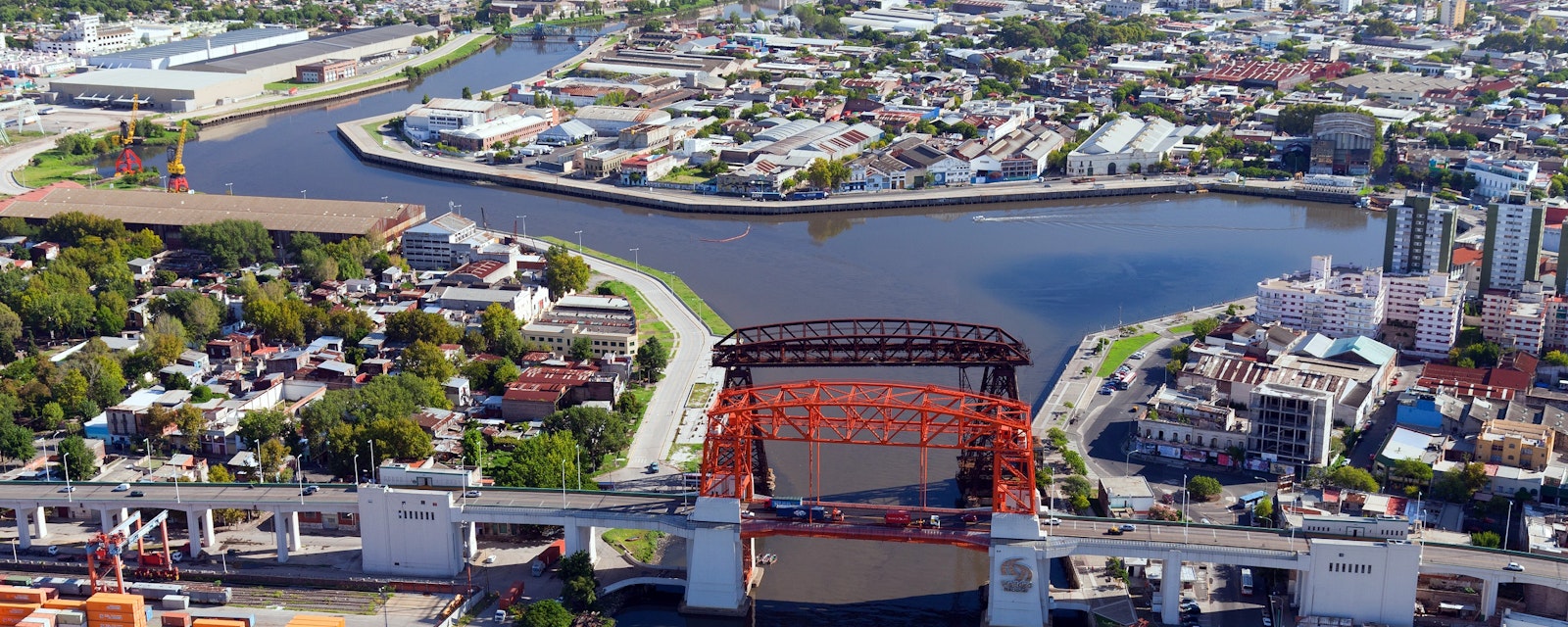This week, Peru’s political situation remains unsettled as new President Dina Boluarte tries to rein in protests that followed the ousting of Pedro Castillo. In Brazil, an increase to the government spending cap continues to work its way through Congress.
Meanwhile, there may not be time to approve contentious electoral reforms in Mexico this week. In Chile, political parties meet yet again to try to hammer out a deal that would pave the way for a new constitution. Finally, in Argentina, a show of support for Vice-President Cristina Fernandez (CFK) has been postponed.
Peru
Newly installed President Dina Boluarte will be hoping that her plan – announced earlier today, 12 December – to bring forward elections by two years will ease political tensions. When she was sworn in on 7 December, Boluarte had said she planned to serve out the ousted Pedro Castillo’s term in office to 2026. She now intends to submit a bill to Congress to bring forward elections to April 2024. Getting congressional support for early elections could be difficult unless she moves to support congressional re-election. Without this carrot, Boluarte’s offer may end up alienating Congress, while also failing to satisfy protestors who are sympathetic to Castillo; protests have been most serious in Ica, Arequipa, and Apurimac. The mostly underwhelming reaction to Boluarte’s cabinet, which she unveiled over the weekend, is another sign that turning the page on the crisis-filled Castillo era will be far from straightforward.
Brazil
The constitutional amendment (PEC) on a waiver outside the official spending cap for social expenditures should be voted this coming Wednesday, 14 December. A smaller value for the waiver was approved in the Senate last week and now faces the House where a consensus is more difficult. The PEC cleared the Senate with a smaller value (BRL 168bn vs. BRL 198bn - or USD 32bn vs. USD 38bn) and a shorter duration (2 vs. 4 years) than proposed by the transition government. Further reductions may occur at the lower chamber. The value agreed at the Senate is sufficient to cover the new Bolsa Familia and other social programs and would free some BRL 75bn (USD 14bn) within the current proposed 2023 budget, which is expected to be allocated primarily for health and education. If the PEC is voted this week, there is a good chance that the budget law will be voted next week, before the year-end recess. On another front, president-elect Luis Inacio Lula da Silva may appoint three women for the ministries of social development, health, and culture this week, following his choice of former presidential contender Fernando Haddad from the Workers’ Party (PT) for Finance Minister last week.
Mexico
President Andres Manuel Lopez Obrador (AMLO)’s “plan B” for electoral reform is currently in the Senate but it is unclear whether the controversial initiative can be voted on before ordinary legislative sessions end on 15 December. Separately, the visit to Mexico of the US Special Presidential Advisor for the Americas Chris Dodd today could offer an opportunity for the US to press AMLO on trade disputes currently being processed through the United States-Mexico-Canada Agreement (USMCA); this is in the context of US legislators increasing pressure on the US Trade Representative (USTR) Katherine Tai over AMLO’s plan to ban biotech corn from 2024.
Chile
Discussions to re-channel the constitutional re-write process resume today. Last week, political parties appeared to be inching towards a compromise but discussions ended acrimoniously late on 9 December. The stumbling block remains the proportion of elected members and subject matter experts in any constituent assembly; elements within the governing coalition continue to push for a 100% elected assembly, and have floated the possibility of holding a referendum to consult voters on what option they would prefer, a route that the opposition opposes. According to the latest Cadem poll from last week, a majority of the public would prefer a mixed body of elected members and subject matter experts that is not excessively large and comes up with a draft new constitution in as short a time as possible.
Argentina
Rallies in support of Vice-President Cristina Fernandez (CFK) scheduled for today, 12 December, will not take place until next week after CFK tested positive for Covid-19. The rallies were meant as a show of strength after she was convicted of fraud last week and given a six-year prison sentence. The rallies were designed to accompany a meeting of the Puebla Group, a loose-knit alliance of regional leftists comprising the likes of Bolivia’s Evo Morales and Ecuador’s Rafael Correa. The Puebla Group has denounced CFK’s conviction as part of a campaign of “lawfare” – the exploitation of the legal system in pursuit of political ends – by a politicized judiciary. While the mobilization – when it happens – may appear substantial, this will be a rally that belies Peronism’s internal fractures and the difficult horizon for CFK’s Front for All (FdT) coalition. The Puebla Group meeting and accompanying rally have been rescheduled for 19 December.




